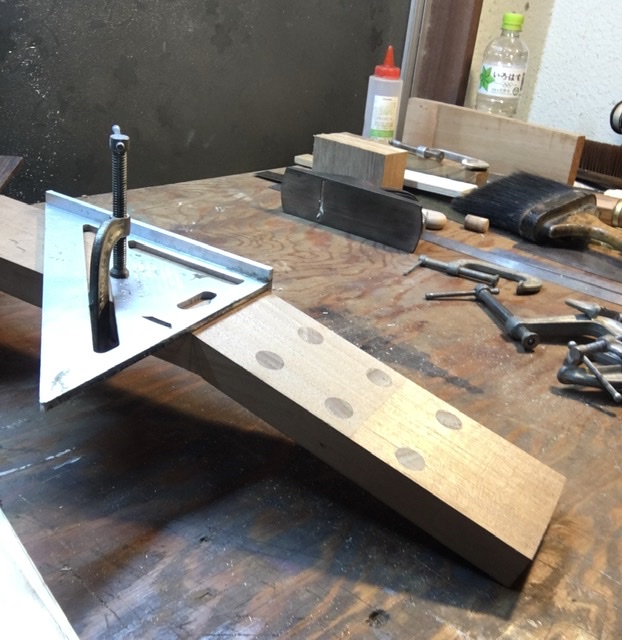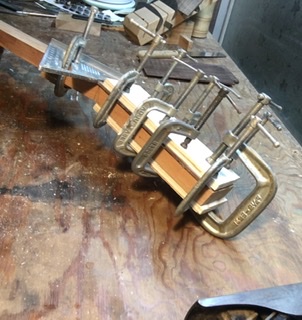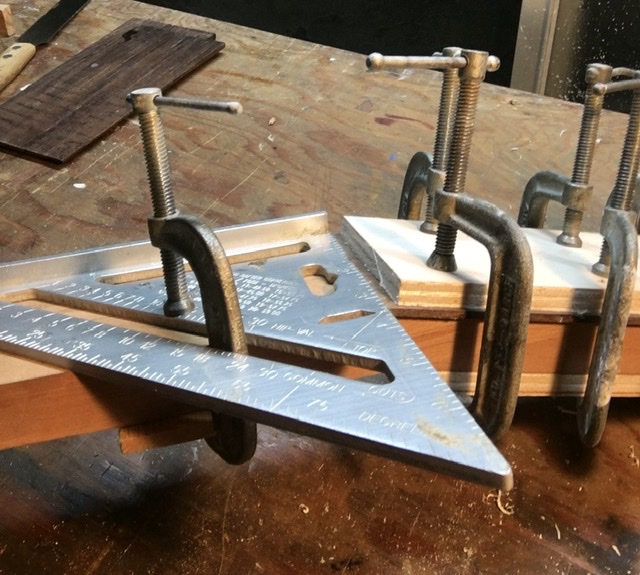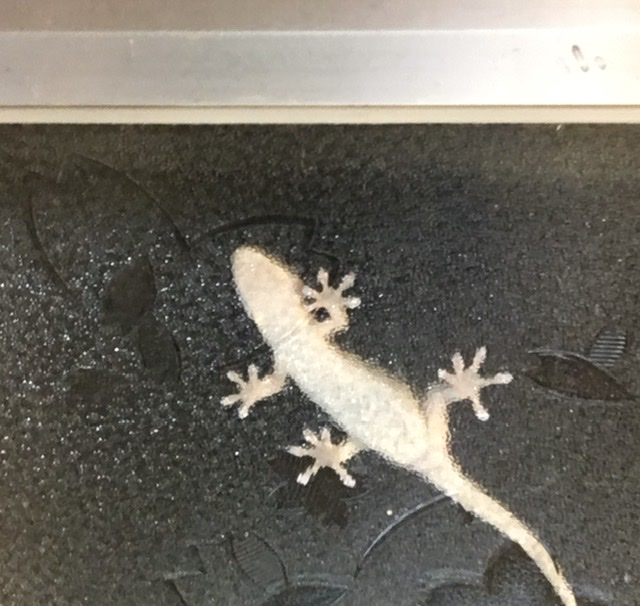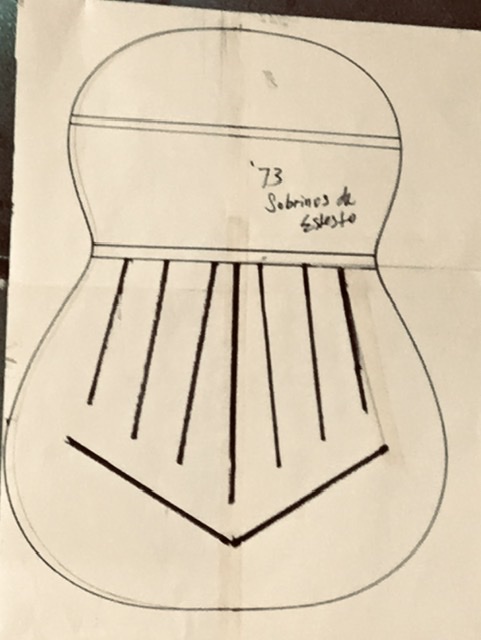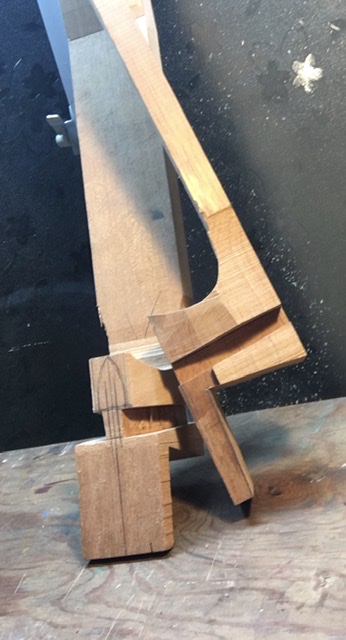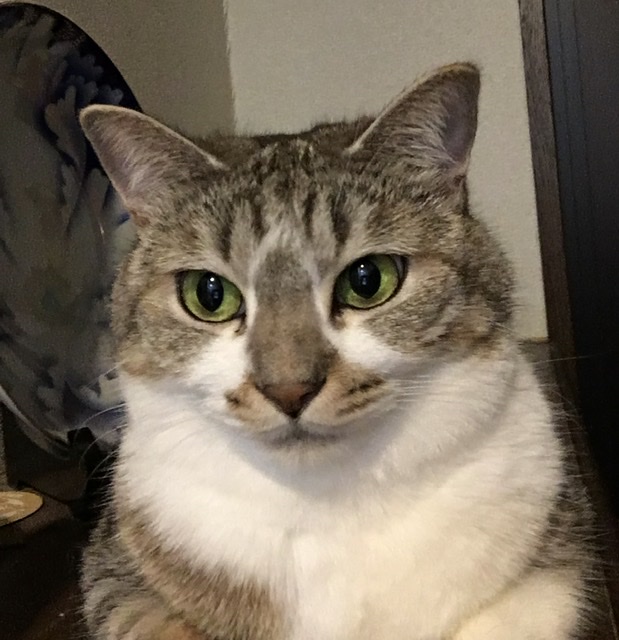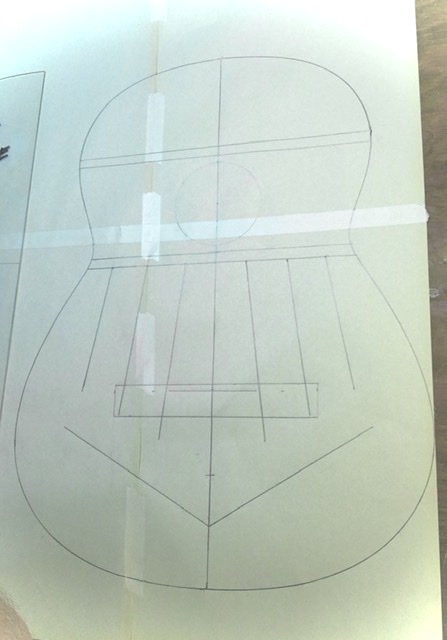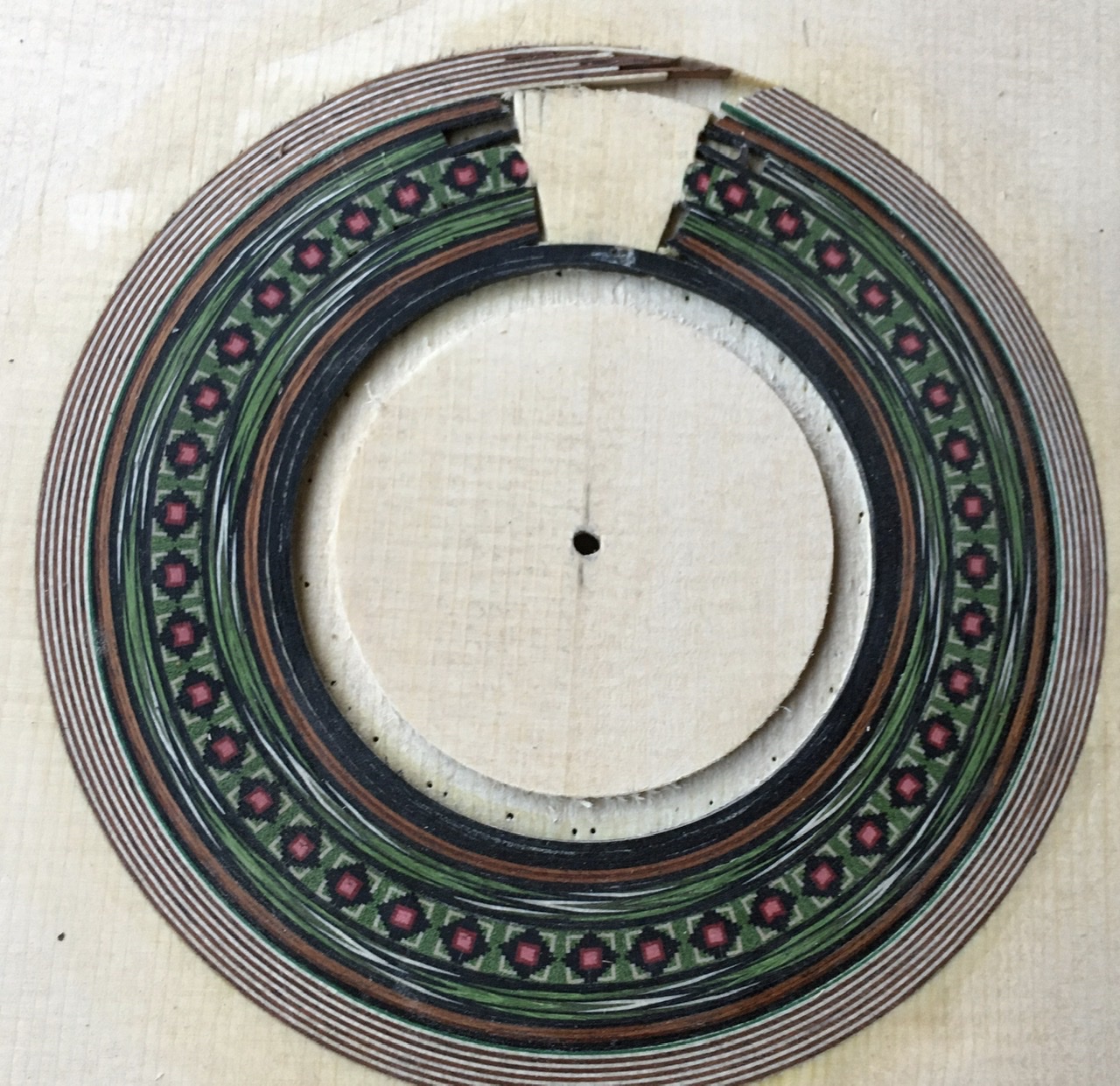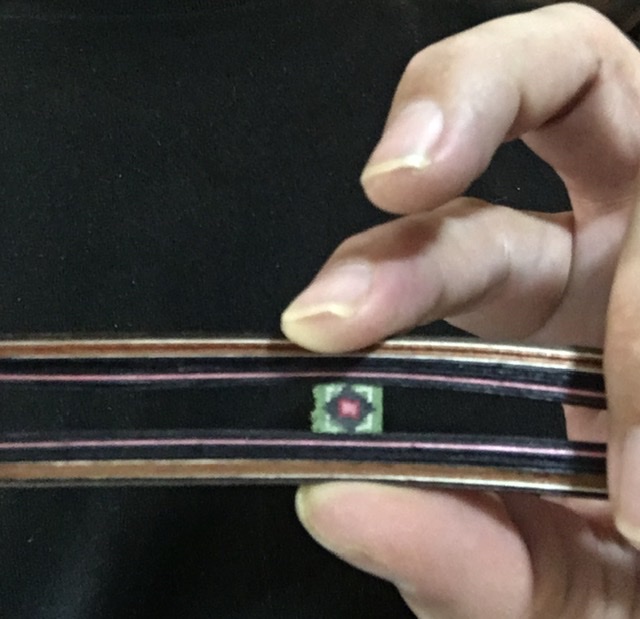|
Richard Jernigan -> RE: Building two under influence of a 1973 Sobrinos de Esteso (Sep. 14 2020 6:51:12)
|
quote:
ORIGINAL: estebanana
quote:
Mr. Marlow, this is just another negative consequence of playing the fakemenco. But that is seriously a good story about the braces falling off and throwing them away I literally laughed out loud on that one ! And now I am again just typing this. Does this mean braces are overrated ?
That’s one of the best stories I’ve heard about braces. Apparently braces are only important to kids with gappy crooked teeth, and dentists.
I remember playing a 1a Paulino Bernabe at Ivor Mairants's shop in London, some time in the 1970s. It had only one brace, a fairly hefty one on the center line of the top. I played a 1a Contreras there that day too. A friend had asked me to bring him a first class Spanish classical, cost was not a really big deal, time was a fairly big deal.
I couldn't get to Spain on that trip, so I brought my friend a 1a Ramirez from Mairants's shop. The markup wasn't too stiff, and I liked the sound of the Ramirez a lot better than the other two.
I remember it had the fret board tapered off on the bass side on the higher frets, as did a lot of Ramirez's of that era, and it would have had a 660-664mm scale. Mairants claimed Segovia liked them that way. It made for a very high action on the 5th and 6th strings above the tenth fret, but my friend never complained.
He regularly played a steel strung Martin 12-string, so he had a Herculean left hand.
RNJ
|
|
|
|
